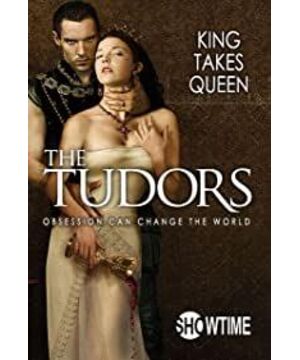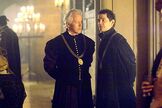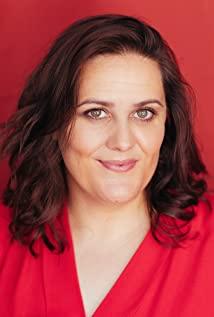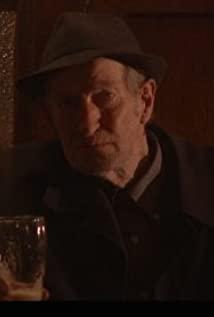It's a man's divorce history. Most of the pages are devoted to the struggle for divorce. In fact, in the end, the divorce was not just because Ann Bolling wanted to get "unique" "unity of kingship and theocracy", it was his real purpose.
After the princess died, the rambunctious husband said nothing but a crocodile tear; after Sir William's death, the love composer turned heterosexual and had sex with a pair of sisters. I didn't feel moved in this drama. More often, I was in a trance that this was a political drama, so I'm sorry I didn't finish it.
It was Ann Boleyn who gave me emotion. This woman should be the kind of "smart and beautiful" woman that people often say, but her results were not even thought of by herself. It's still a bit whimsical for a woman to try to make troubles and set things up by herself. From the moment she decided to be the woman attached to the emperor, she lost the right to decide.
Friends who are interested in the Tudor Dynasty, it is better to go to see "Elizabeth I" starring Blanchett
View more about The Tudors reviews











